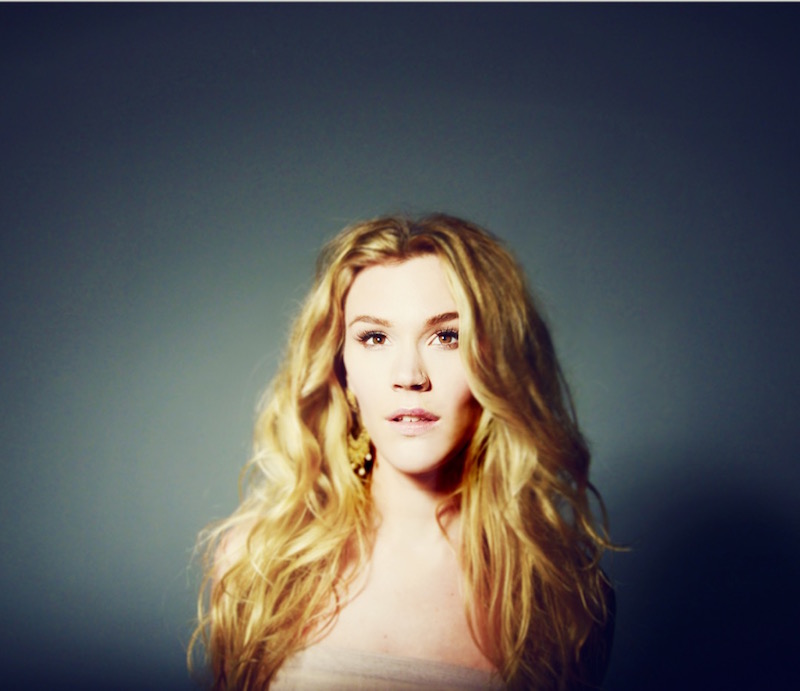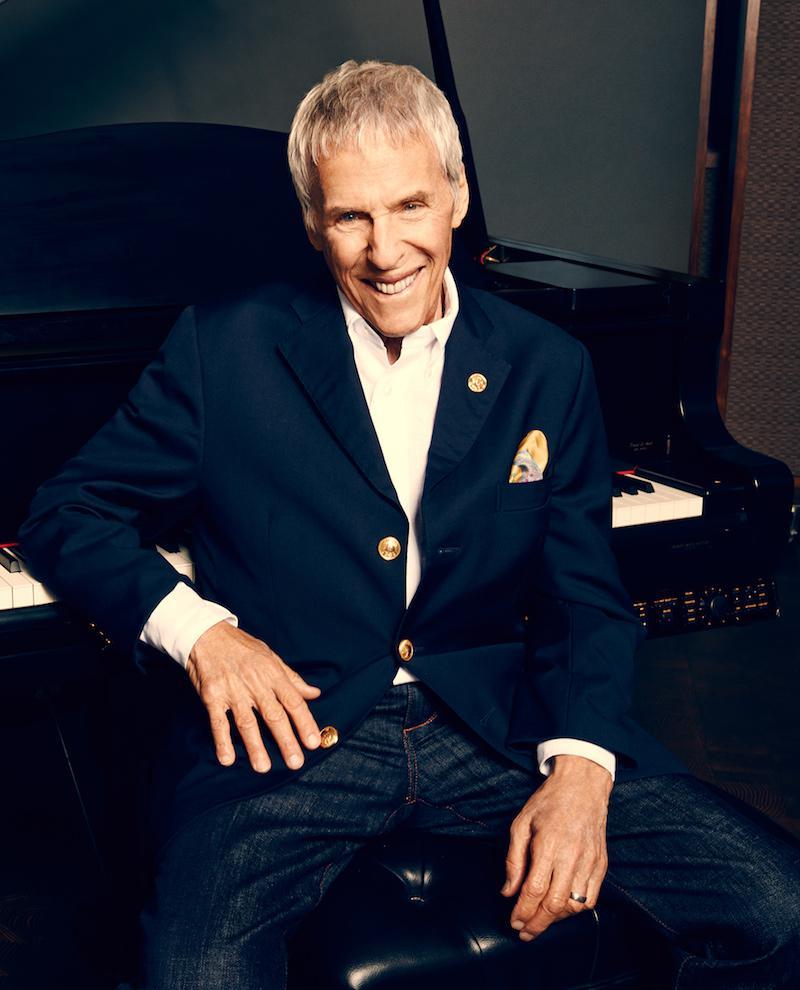The year 1987 was a notable one in music history. In February, Burt Bacharach won the Grammy for best song with “That’s What Friends Are For”, and two months later Joss Stone was born in England. At the age of 17 Stone would be nominated for three Grammies of her own, and at 19 would become a winner. She remains a platinum-selling singer and songwriter at the top of her game.
But it’s Bacharach who has made the most astonishing mark as a writer and recording artist. One could cite his nine number ones and 66 top-40 hits, three Oscars and eight Grammies, but bare facts and figures can’t begin to capture the allure of the man’s sophisticated yet deeply appealing music and the tremendous emotional impact it’s had on millions of people for the past 60-odd years. It was in 1957 that he began to turn out pop masterpieces, writing the music for lyrics by Hal David and giving us classics like “The Look of Love”, “Walk On By”, “Close to You”, “Raindrops Keep Fallin’ on My Head”, “I Say a Little Prayer” and scores of others. His catalogue now consists of more than 500 compositions.
Last night Bacharach returned to London, to one of his favourite venues, the Royal Festival Hall, with local girl Joss Stone as "special guest artist". “This hall has very special memories for me,” said Bacharach. “It’s a wonderful hall to play in.” And working with Stone was “definitely on the top of my wish list”.
Exquisite and rapturous, it was a sustained gentle explosion, a silk cushion avalanche The concert’s opener was “Promises, Promises”. Featuring a massive string section, Bacharach’s orchestra was an immense precision machine coming beautifully to life with the buoyant contours of the strings, the brassy punching of the trumpets and the rolling kick of the drums. On “Always Something There to Remind Me”, John Pagano’s rich, mellow voice was offset by pinched, keen violins. “Anyone Who Had a Heart” featured Josie James’s clear, precise singing against the opulent dark chords of Bacharach’s piano as Dennis Wilson played a low, slow, sultry sax solo. John Ferraro’s drums hit exactly the same points of emphasis as James’s voice, to delirious effect.
“This Guy’s in Love with You” glided from a small group setting to full orchestra, but a subtle, floating arrangement left lots of space for Bacharach’s piano and Pagano’s voice. In a telling moment, the singers who were sitting this one out were swaying along to the tune, caught up by its irresistible flow – as was everyone else. Tom Ehlen played beautifully judged trumpet, managing to sound quiet without using a mute. Pagano took up an acoustic guitar to accompany singer Donna Taylor on “Mexican Divorce”. “Do You Know the Way to San Jose” was sweet and breezy, with an astounding, compact sax solo from Wilson. “Something Big” – one of Bacharach’s lesser known masterpieces – saw Bill Cantos sing as well as playing electronic keyboards.
And then Joss Stone (pictured below) arrived, sauntering on stage with a mug of tea as if settling in for a night in front of the telly. She sang “Walk On By” with great soulfulness and impressive restraint. Her powerful voice, withheld instead of unleashed, was profoundly moving, creating intense emotional engagement in the listener. Piano, backing vocalists and cymbals conjured an effect like splashing drops of water.

“The Look of Love”, a monster Bacharach classic if ever there was one, was performed by Stone in an amazingly simplified version: just the singer, with Pagano on acoustic guitar again, Cantos providing chiming chords on the keyboards, and a ghost of a trumpet solo from Tom Ehlen. It was a sexy, stripped-down take on a great song first performed by Dusty Springfield.
“I’ll Never Fall in Love Again” showed the strength and range of Stone’s singing. Her terrific, towering voice was an ideal musical match for Bacharach’s number. Even the musicians applauded this one. She also gave a delicate, elegant, yearning performance of “(They Long to Be) Close to You”, another sparse and radically lovely reimagining of a Bacharach standard. These new arrangements showed his great musical mind at work, as fresh as ever after six decades in the business.
A big, funky take on “Wishin’ and Hopin’” had a gospel feel, and Stone excelled. She completely inhabited these songs, honouring them with love, respect and humour. The girl knows her Bacharach songbook. And a warm, wild, wind-blown treatment of “I Say a Little Prayer” established Stone’s claim to be one of the voices of the century. Exquisite and rapturous, it was a sustained gentle explosion, a silk cushion avalanche. “I Just Don’t Know What to Do with Myself” consisted of just Stone singing and Bacharach on piano. The sorrow of the song accorded perfectly with our sadness at the prospect of this priceless musical evening coming to an end.















Add comment